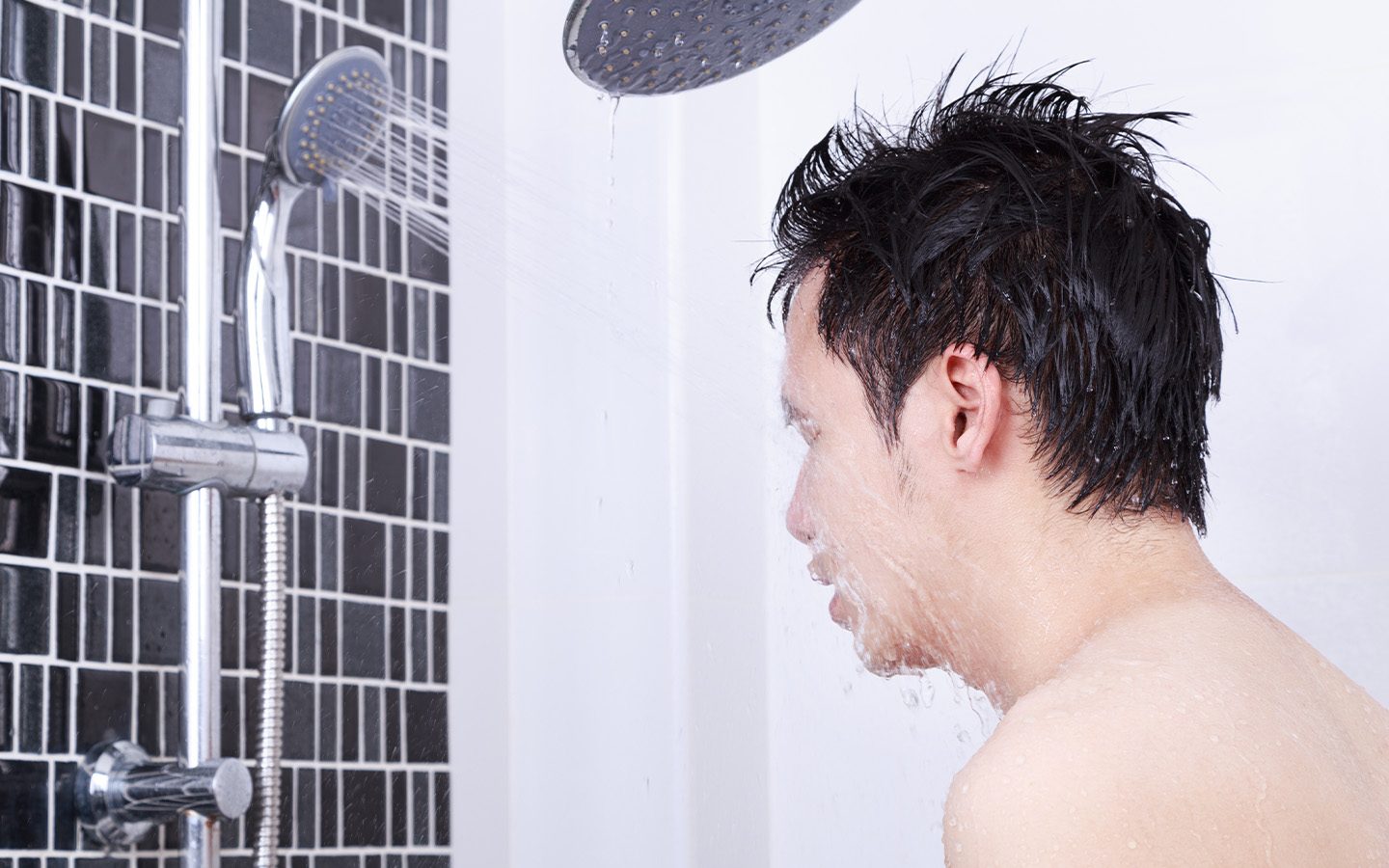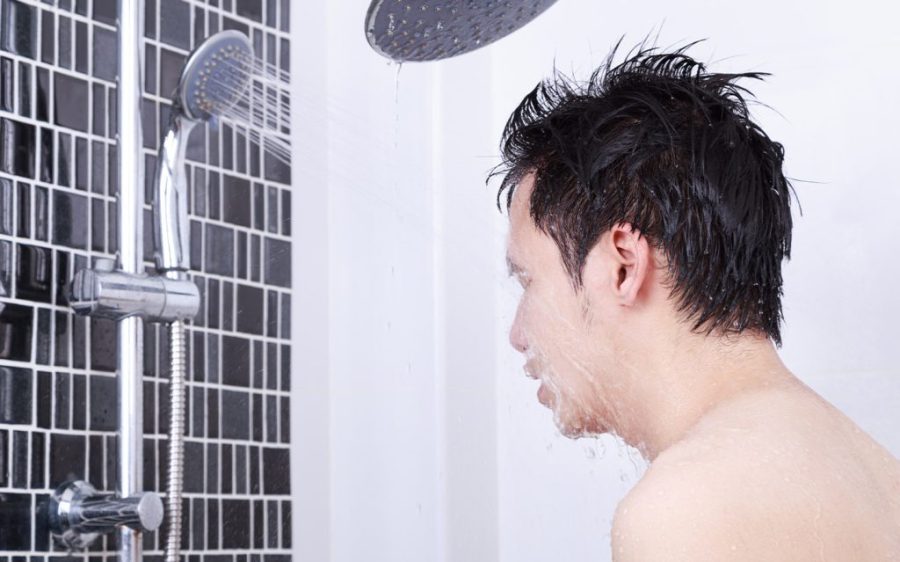Are you a morning shower person or do you prefer to shower at night? Science has a view in which of those times may actually be more hygienic.
In an article for the Conversation, microbiologist Primrose Freestone, a senior lecturer in clinical microbiology at the University of Leicester, emphasises that whatever your preference, “showering is an integral part of any good hygiene routine.” It removes dirt and oil from our skin, helping to prevent rashes and skin infections, as well as washing away sweat that feeds bacteria living on our skin.”
Sweat is odourless, Freestone explains, with the body odour coming from a byproduct produced by skin-dwelling bacteria when it feeds on our sweat. We pick more stuff during the day like pollutants and allergens, as well as sebaceous oil, which our hair follicles produce to keep the skin from drying out.
[See more: This is the best way to cook an egg, according to science]
Showering at night helps keep that mess from being transferred to your sheets and pillowcases, but Freestone says that sweating overnight is unavoidable, meaning your bed linens will still have microbes and your skin may be less than fresh come morning.
Regularly laundering your bed linens (at least weekly) can help negate this by removing the buildup of odour-causing microbes that would otherwise transfer back onto your body while you sleep. But showering at night doesn’t prevent the shedding of skin cells, a food source for house dust mites whose waste can be an allergen and can exacerbate asthma.
That’s why Freestone makes the case for morning showers as the superior option. It cleans away any dust mite waste, dead skin cells, and bacteria that built up overnight – and without all that food for bacteria, you smell fresher for longer.






